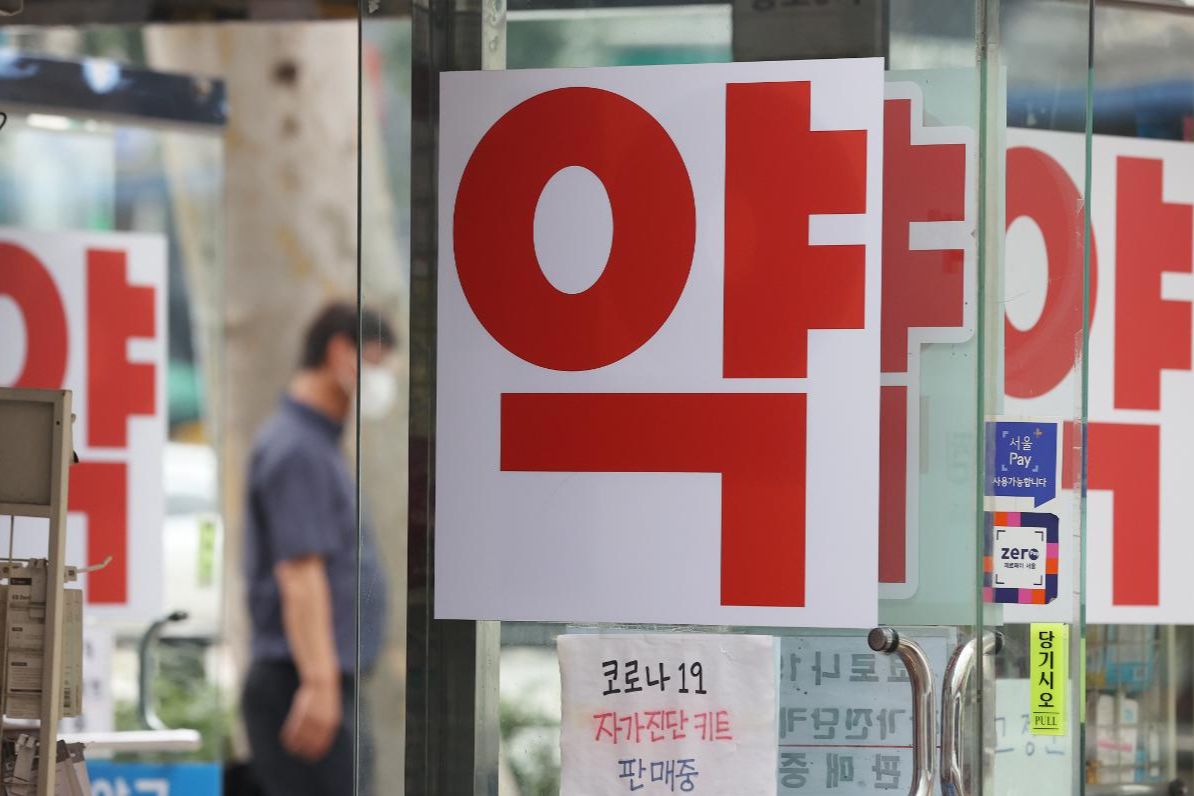The income of Koreans peaks at 45, and their spending begins to outstrip their incomes at 61, government data for 2023 showed Thursday.
The study by Statistics Korea illustrates the intensifying financial strain of the nation’s super-aging population, where older people spend more on health care despite a significant drop in their postretirement income. The older they become, the faster spending increases, according to the study.
According to the statistics agency, Koreans were in deficit until 27, spending more than they earn, mostly on education and living expenses.
In 2023, 16-year-olds had the largest annual deficit, with an average of over 44 million won, due to education costs.
The income of Koreans begins to surpass their spending at 28, peaking at 45. Their annual average income stands at over 44.3 million won, with surplus coming to about 17.4 million won. However, the surplus declines beginning at the age of 45.
The study also showed that working-age Koreans are increasingly bearing a financial burden to support both younger and older generations.
Of the 1,232 trillion won income generated by all Koreans in 2023, over 320 trillion won went to youths and older people in the form of benefit programs.
Of the 320 trillion won, more than 184 trillion won went to children aged 14 and younger, while 131 trillion won was spent on those aged 65 and older.
Meanwhile, the lifetime deficit of 226.4 trillion won rose by 31 trillion won, or 15.9 percent, from the previous year.
This was the sharpest annual increase to date, indicating that spending is growing faster than income.
The study showed that Korea’s spending rose to 1,459.2 trillion won in 2023, up 7 percent from the previous year, while income grew to 1,232.8 trillion won, up 5.5 percent.
The spending increase was the sharpest among older people at 12 percent, while the working-age population’s spending went up 6.3 percent.
“The report sheds light on long-term fiscal and demographic sustainability,” the statistics agency said. “Population aging will accelerate, given the country’s birthrate, which is among the lowest in the world. The financial burden on the working population is expected to grow heavier in the years to come.”

